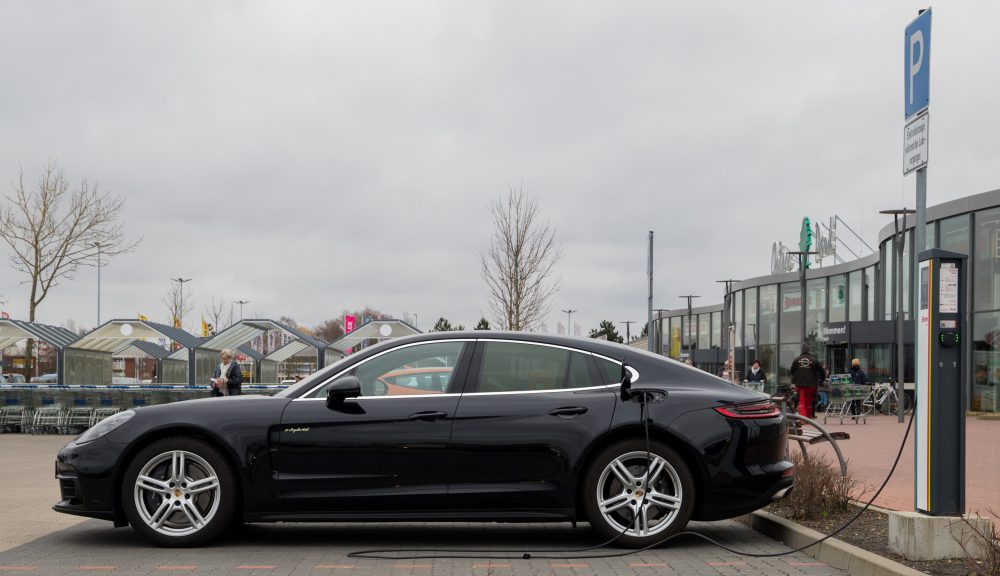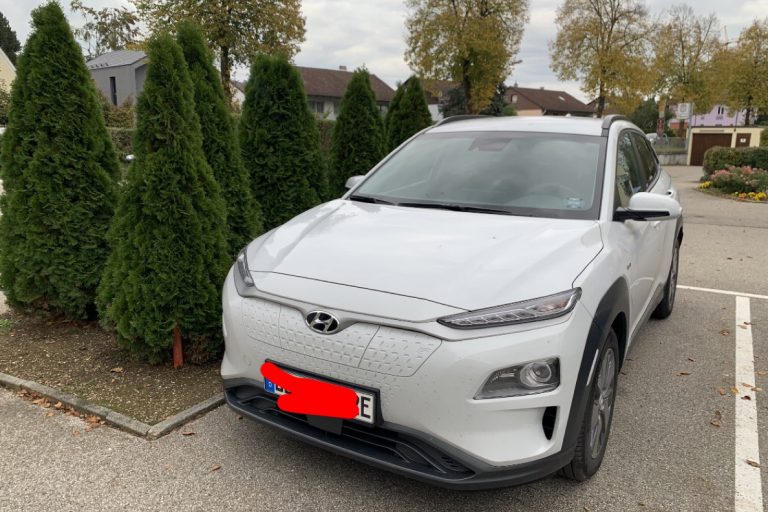If we talk of Electric Vehicles (EVs) then only one region will come in mind that is becoming the identity of EVs. Though China and the USA are the potential markets for EVs, but the way Europe has led such initiatives, it won’t be wrong to call Europe the EV powerhouse. After the Brexit, Germany has become the political and economic hub of Europe. This puts Germany on the driving seat for leading such initiatives. In the times when France has announced a subsidy of €12,000 for anyone who buys an electric vehicle, Germany is expected to push more in providing stimulus package to this sector. It must be remembered that France announced this subsidy despite economic implications due to COVID-19. It is a well-known fact that the future of EVs would only become substantial if infrastructure pertaining to EV charging stations and incentives would come in play. Germany being the European political and economic leader, is in a much better place to stimulate this growing sector. To have a better insight of the current EV charging Germany situation and the future plans, let’s discuss in detail.
Overview of Germany EV Sector and Charging Infrastructure
Along with other European nations like Norway and Sweden, Germany is one of those European nations which is advocating for the green environment along with e-mobility initiatives. From renewable energy to sheer campaigns in favor of EVs, Germany has emerged as the global EV leader. All of these events are the by-product of the German Chancellor’s vision where she announced to build a million EV charging stations all over the country by the year 2030. This vision is very appreciating in its essence but there is a need to gauge Germany’s progress in this regard. While in 2020, Germany has only ten years left to turn their Chancellor’s aspiration into a reality.
As of March 2020, EV charging Germany stations stand at the toll of 27,730. This figure does not seem to be the reflection of Angela Merkel’s aspiration. Moreover, it also shows how people are reluctant to opt for EVs. It makes sense too because people do not have confidence that if they buy EVs, then like petrol stations, they can refuel their car anywhere without any hassle. The burden of such confidence-building is reliant on the German government’s policies to appreciate EV charging stations in the country.
According to the statistics of 2019, out of total cars registered in Germany, EV’s proportion stood at just 2%. On the contrary, 60% of the market share is still captured by petrol vehicles. This shows that Germans are reluctant to buy EVs. To make EVs a norm in society, the German government has to do a lot. As per the study of the German Association of Energy (BDEW), for Germany to become a mass-market of EVs, it will need to build at least 70,000 EV charging stations and 7000 fast-charging stations.
These statistics and overview present two conclusions. First, there exist interdependence between the EV charging Germany and EVs. This means that the future of EVs is highly dependent on the EV charging stations in Germany. Secondly, the vision of the German Chancellor reflects the sheer interest of the German government in enacting EVs in the country. This support from the government can bring a bundle of good omens for the EV sector in Germany.
2020 and EV Charging Stations in Germany
2020 could be the year of economic progress and EVs, but given the adversities of COVID-19, everything has experienced a gross dip. From economic implications to the socially restricted lifestyle, COVID-19 has turned our lives in a way no one could imagine. However, apart from the downsides of COVID-19, many positive sides are there too. One of those positive aspects includes the improvement in the air quality index all over the world. This improvement bestowed EV advocates with the sigh of relief and also gave German governments confidence to stimulate this sector to achieve their carbon emission goals.
For the revival of the economy amid COVID-19, Germany has announced an economic stimulus package of €130 Billion. With this, given the sheer prospects of EV markets, Germany has announced to offer a subsidy of €6000 on the purchase of EVs. This subsidy revived EV manufacturer’s confidence along with leveraging consumers to shift towards EVs. Furthermore, the German government has allocated €2.5 Billion for the battery cell production and EV charging Germany infrastructure.
While the above-mentioned measures are pertinent from the economic point of view, Germany knows that EV’s market share cannot be encouraged until and unless sound charging infrastructure is enacted. Therefore, in continuation of pro-EV policies, Germany has obliged all petrol stations in the country to offer electric charging services in their existing facility. With this, not only will Germany’s charging infrastructure be elevated to a substantial level, but it will also let Germans anxiety over EVs to cool down. This plan is part of the economic recovery package announced by the government and is being welcomed by all segments of the society. With such initiatives, EV advocates are quite hopeful for the revival of the EV industry in Germany. They are considering this effort to bolster Germany’s EV charging capacity and so does the demand of EVs.
Conclusion
There is no doubt that like any other sector, the EV sector was also perceiving the downsides of COVID-19. This sector was in dire need of some stimulus package which shall not only provide relief to the EV manufacturers but also broaden their market share. In the situation where the German economy is forecasted to be shrinking by the factor of 7.1%, the announcement of initiatives like economic recovery package and obliging fuel stations to offer electric charging services speaks of Germany’s sheer interest in the EVs. With these initiatives, Germany has proved its credentials of leading the European Union. Being a pro-EV government, Germany is also setting examples for the other nations to reduce carbon emissions by shifting towards EVs. The obliging of petrol stations to equip their fueling stations with the electric charging ports shows Germany’s commitment to realize the aspiration of their Chancellor, Angela Merkel. This step is being seen as a beacon of light for bolstering EV charging stations network in the country and so does the EVs.
Now more about the EV market post-COVID-19 industry forecast by clicking here.
References
- https://europe.autonews.com/automakers/frances-new-13000-ev-incentive-most-generous-europe
- https://www.forbes.com/sites/gauravsharma/2020/06/05/all-petrol-stations-in-germany-will-be-required-to-provide-electric-vehicle-charging-ev-cars/#1e44560b479a
- https://www.reuters.com/article/us-health-coronavirus-germany-autos/germany-will-require-all-petrol-stations-to-provide-electric-car-charging-idUSKBN23B1WU
- https://www.bloomberg.com/news/articles/2020-06-05/german-factories-see-record-drop-in-demand-from-pandemic-curbs




